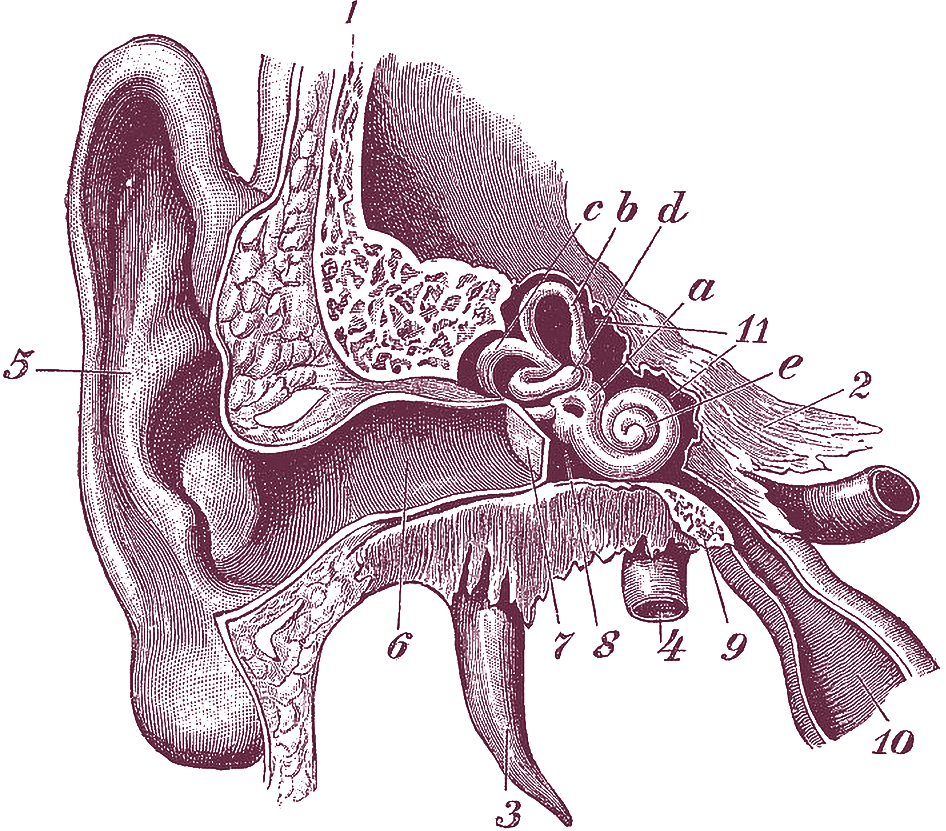The listening approach
Listening philosophically is more than simply the passive reception of information by the body’s audio equipment. Listening is more than hearing.
It is an active, inner directedness that involves turning our attention, our awareness towards the world and staying with it, no matter how difficult or complex and allowing it to reveal itself as it is.
When we listen authentically in this way, we become open, curious, and present, willing to witness things as they actually are, not how we want them to be.
Our only request in our dialogues is for participants to listen deeply. This means staying attentive, present, and attuned to whatever comes up, even things you disagree with or do not fully understand. Our aim is not to find solutions or answers, but to become comfortable and familiar with complexity.
Without a proper listening practice, dialogue all too often becomes an intellectual game or battle, where we listen only to find fault, or worse, to ‘win’.
We don’t listen to find fault, win arguments, or dismantle opposing viewpoints (although disagreement is welcome and encouraged!). We listen first to understand, always open to the possibility that there is something worthwhile in what another person has to say if we listen closely enough.
‘The presence of persons before a problem…who, for once, do not fade away into words, get lost in technical questions, freeze up into institutions or structures. The presence of persons in the full force of their irreplaceable identity, in the full force of their inevitable responsibility’.
– Emmanuel Levinas, Beyond Dialogue
How it works
We meet on a weekly or biweekly basis, either in person or virtually
Course can run for between 4 and 12 weeks
Group numbers can range between 6 - 20
Topics are chosen by the facilitator or voted on by the group
Ideas are introduced in the form of quotes, excerpts, images, videos, art objects, or other forms
Sessions last between 60-90 minutes
Courses can be structured thematically (e.g. Technology, The Other, Masculinity, Conspiracy Theory, Fairness, Education etc.), or can focus on a new issue each week.
Follow up material can be provided after each session – although we try not to give out homework


